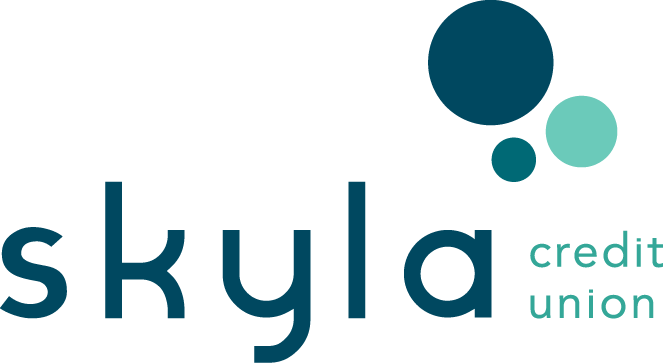How to Protect Your Personal Information from the Dark Web?

In today's digital world, protecting your personal information is more crucial than ever. With recent news highlighting a massive data breach involving Social Security numbers, it's clear that staying safe online is something everyone needs to take seriously.
Let’s explore practical steps to keep your data safe and secure.
here's a quick look at what we'll cover
|
|
what is the dark web?
The dark web is a part of the internet that you can’t find using regular search engines like Google or Bing. It’s kind of like a hidden corner of the web that’s known for some pretty sketchy stuff, including selling stolen info. It might sound like something out of a spy movie with secret markets and anonymous deals, but the reality is way less cool and a lot more dangerous. If you go exploring the dark web, you could run into scams, viruses, and even legal trouble. But don’t worry—there are ways to stay safe! Using strong cybersecurity tools, like VPNs and good browsing habits, can help protect your personal info while navigating this risky online space.
how do I know if my information is on the dark web?
To find out if your personal information is on the dark web, start by using sites like Have I Been Pwned, Just enter your email, and the site will let you know if it’s been involved in a known data breach. For more thorough protection, paid services like Identity Guard or LifeLock offer detailed monitoring and will alert you if your data surfaces on the dark web.
Recently, a significant breach involving Social Security Numbers has raised serious concerns, as reported by CBS News. This breach exposed the personal data of millions of Americans, putting them at risk of identity theft and financial fraud.
QUICK TIP: If your Social Security number is leaked, consider placing a fraud alert or credit freeze to prevent criminals from opening accounts in your name. This can be done through major credit bureaus like Equifax, Experian, and TransUnion. Here's a quick way you can secure your credit. |
don’t miss important alerts from your service providers
Sometimes, your service providers might notify you before you even realize there's a problem. For example, companies like Discover send letters to customers if they find their Social Security Number (SSN) on a dark website. These notifications aren’t just warnings; they’re calls to action.

When you receive a notification like this, it’s crucial to act immediately. Follow the steps they recommend, such as monitoring your credit or setting up extra security measures on your accounts. These alerts give you a chance to protect your information before any serious damage can occur.
what are the best practices for safeguarding my personal information?
use strong passwords
Think of passwords like superheroes; the stronger they are, the better they protect your identity. Create complex passwords using a mix of uppercase and lowercase letters, numbers, and special characters. Avoid using easily guessable information like birthdays or common words.
Quick Tip: Consider using a password manager to generate and store strong, unique passwords for each of your accounts. |
enable two-factor authentication
Two-factor authentication (2FA) is like having a bouncer guard your VIP information—doubling up on security. By requiring a second form of verification, such as a code sent to your phone, 2FA makes it much harder for hackers to gain access to your accounts, even if they have your password.
install antivirus software
Antivirus software acts like an invisible shield, protecting your devices from malicious attacks. Regularly update your antivirus and anti-malware programs to ensure they’re equipped to handle the latest threats. Don’t forget to keep your operating system and applications updated as well.
be wary of phishing scams
Phishing scams are like digital traps set by cybercriminals to steal your sensitive information. These scams often come in the form of emails or messages that look legitimate but are designed to trick you into revealing personal details or clicking on harmful links.
Stay cautious and verify the sender before taking any action. If something seems off, it probably is. Protect yourself by staying informed and vigilant against these common threats.
consider identity theft monitoring
Enrolling in professional identity theft protection services can provide ongoing monitoring of your personal information and alert you to any suspicious activity. While these services come at a cost, they offer an added layer of protection and peace of mind.
regularly update your security software
Keeping your security software up to date is essential in defending against cyber threats. Set your software to update automatically and conduct regular scans of your devices. This helps detect and remove any malware that may have slipped through.
If your personal information is found on the dark web, take these actions:
Have More Questions?
You can also always read more about Account Security and Identity Theft on the Skyla website. If you have any other questions, feel free to contact our customer service representatives by email, or give us a call at 704.375.0183.
As Content Strategist behind the Learning & Guidance Center, Yanna loves showing just how doable finance can be. Whether it’s simple tips, step-by-step guides, or comparison charts, she’s passionate about helping readers take charge and reach financial freedom with confidence
more resources to keep your finances safe
If Your Info Is on the Dark Web
Discover what to do if your personal info hits the dark web. Learn steps like changing passwords, enabling 2FA, and freezing credit for protection
9 min. read
Common Scams to Avoid
Learn about common scams and how to protect yourself. Stay informed with tips and strategies to safeguard your personal information year-round.
2 min. read






